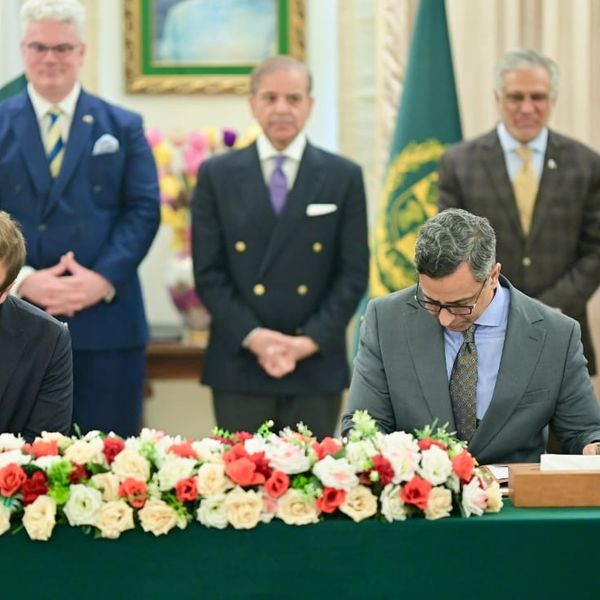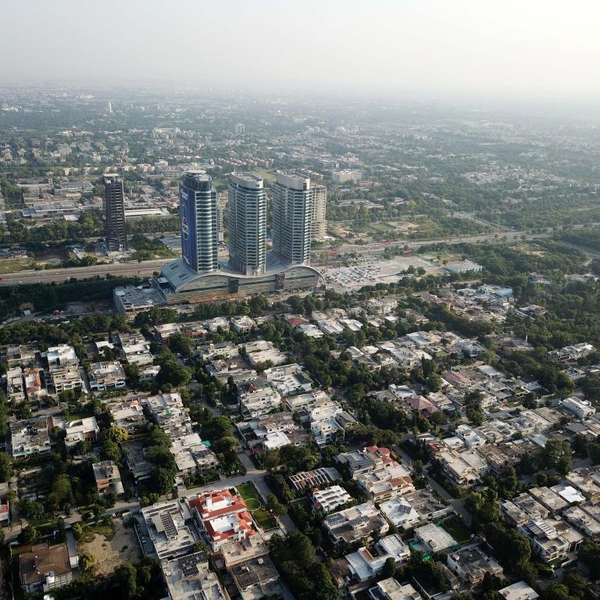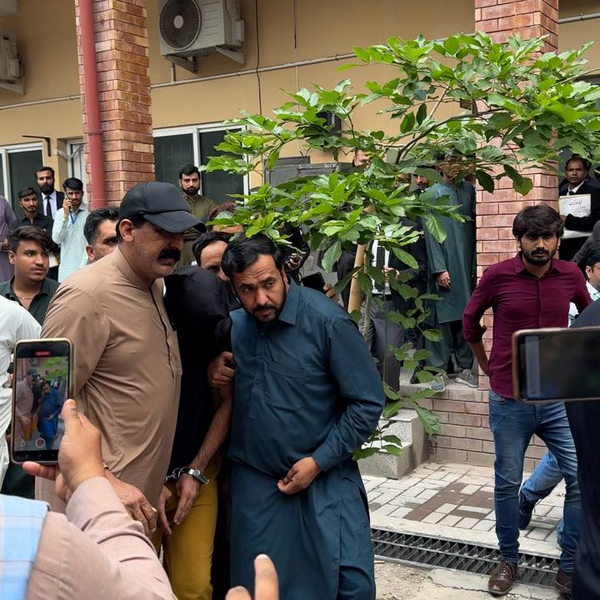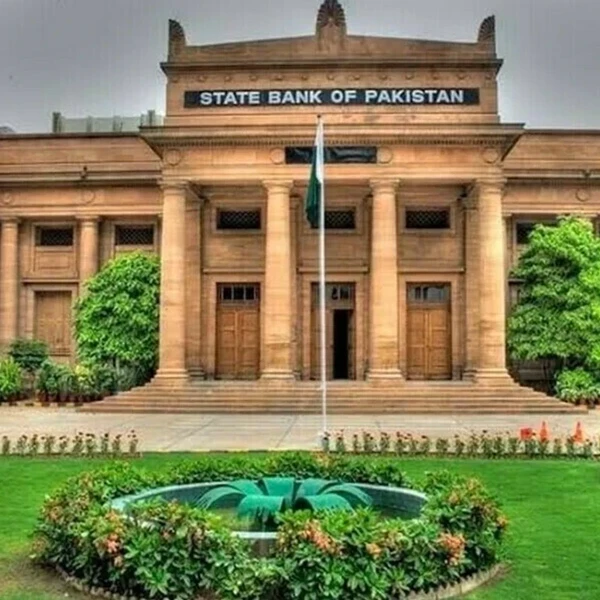India’s silent confessions expose defeat in clash with Pakistan
Kamran Khan highlights how India’s own commanders are revealing strategic collapse step by step
News Desk
The News Desk provides timely and factual coverage of national and international events, with an emphasis on accuracy and clarity.
India’s top military and political leadership has begun conceding key failures in its recent confrontation with Pakistan, even as it stops short of publicly acknowledging defeat.
According to Kamran Khan, India’s own generals, air chiefs and diplomats have, over the past two months, offered a series of confessions that together paint a picture of strategic and operational collapse.
In his vlog, Khan claimed that India has entered what he described as a "self-admission phase" after suffering major setbacks during a recent standoff with Pakistan. He said that Indian authorities have gradually begun disclosing weaknesses in air defense, battle planning and decision-making.
Among the most significant revelations is the acknowledgment that Indian fighter jets—including Rafale aircraft—were destroyed within 55 minutes of the Pakistani Air Force entering action. The Indian Air Force was reportedly grounded for two days following the encounter, a development Khan described as “a historic humiliation.”
Lt. Gen. Rahul Singh, India’s Deputy Chief of Army Staff, recently told a business audience in New Delhi that India had effectively been fighting “three enemies”—Pakistan, China and Turkey. He suggested that during Operation Sindoor, China was monitoring the battlefield in real-time and passing intelligence to Pakistan.
Rather than owning defeat outright, Indian officials have couched their admissions in strategic excuses. Singh claimed the India-Pakistan warzone had become a “live laboratory” for China’s weapons testing.
While the Indian military has offered veiled admissions, some of its political leaders have openly displayed signs of diplomatic submission.
In an interview with Newsweek, Indian Foreign Minister S. Jaishankar acknowledged that U.S. Vice President J.D. Vance had warned Prime Minister Narendra Modi to agree to certain terms or risk a major Pakistani assault.
The opposition in India has seized on this. Rahul Gandhi mocked Modi by calling him “Narendra Surrender,” suggesting India’s diplomatic and military posture amounted to capitulation.
Pakistan, meanwhile, has doubled down on the claim that the victory was earned solely through skill and discipline, not external help. Addressing officers at the National Defense University, Pakistan’s Chief of Army Staff Field Marshal Syed Asim Munir dismissed Indian suggestions that Beijing aided Islamabad.
“Wars are not won by imported gear or media spins—they’re won by competence and courage,” Munir said. He warned that any future aggression from India would be met with a “response stronger than their imagination.”
Pakistan's narrative gained further weight during the Shangri-La Dialogue in Singapore, where Chairman Joint Chiefs of Staff Committee Gen. Sahir Shamshad Mirza told global audiences that Pakistan’s military response was “entirely homegrown,” despite owning foreign weaponry.
Even Chinese officials have distanced themselves from India's claims. When asked about Lt. Gen. Singh’s remarks, a spokesperson for China’s foreign ministry downplayed the suggestion that China had used the conflict as a testing ground, stating Beijing's defense cooperation with Islamabad was not targeted at any third country.
Indian Chief of Defense Staff Gen. Anil Chauhan acknowledged that “strategic and tactical mistakes” forced the grounding of India’s air force for two days. However, he emphasized analyzing the causes over the casualties, deflecting direct blame.
That hasn't stopped others from speaking up. In Jakarta, Shiv Kumar, India’s military attaché to Indonesia, admitted the loss of jets during a seminar but argued that the Modi government had restricted Indian forces from striking Pakistani installations.
Khan pointed out that such claims have triggered a backlash in Indian media, with veterans and analysts questioning the credibility of the official narrative. Prominent Indian defense analyst Pravin Sawhney conceded that Pakistan’s global profile rose significantly due to its performance during the four-day war.
Air Chief Marshal Amarpreet Singh of India added fuel to the fire by indirectly blaming the Modi government for delays in defense procurement, which he suggested contributed to India’s underperformance. Similarly, Air Vice Marshal Udesh Kumar Bharti said cryptically that “losses happen in war” when asked about the destruction of Rafale jets.
Despite multiple statements, no Indian official has yet uttered the word “defeat.” But Kamran Khan says the puzzle pieces—strategic miscalculations, destroyed aircraft, and veiled excuses—point clearly toward one outcome.
“In every theater—air, intelligence, and diplomacy—Pakistan came out ahead,” Khan said. “Had there not been a U.S.-brokered ceasefire, the story for India could have been even worse.”
India’s refusal to sign the joint statement at the Shanghai Defense Ministers’ Conference—because it criticized India’s alleged meddling in Balochistan—only deepened the sense of isolation New Delhi now faces on the world stage.











Comments
See what people are discussing